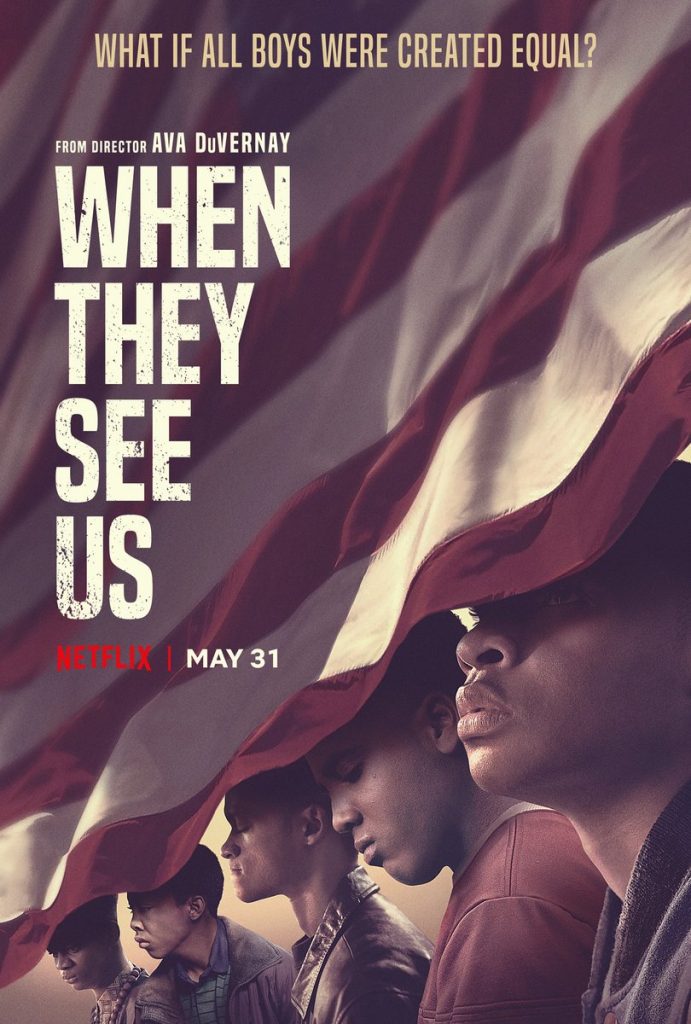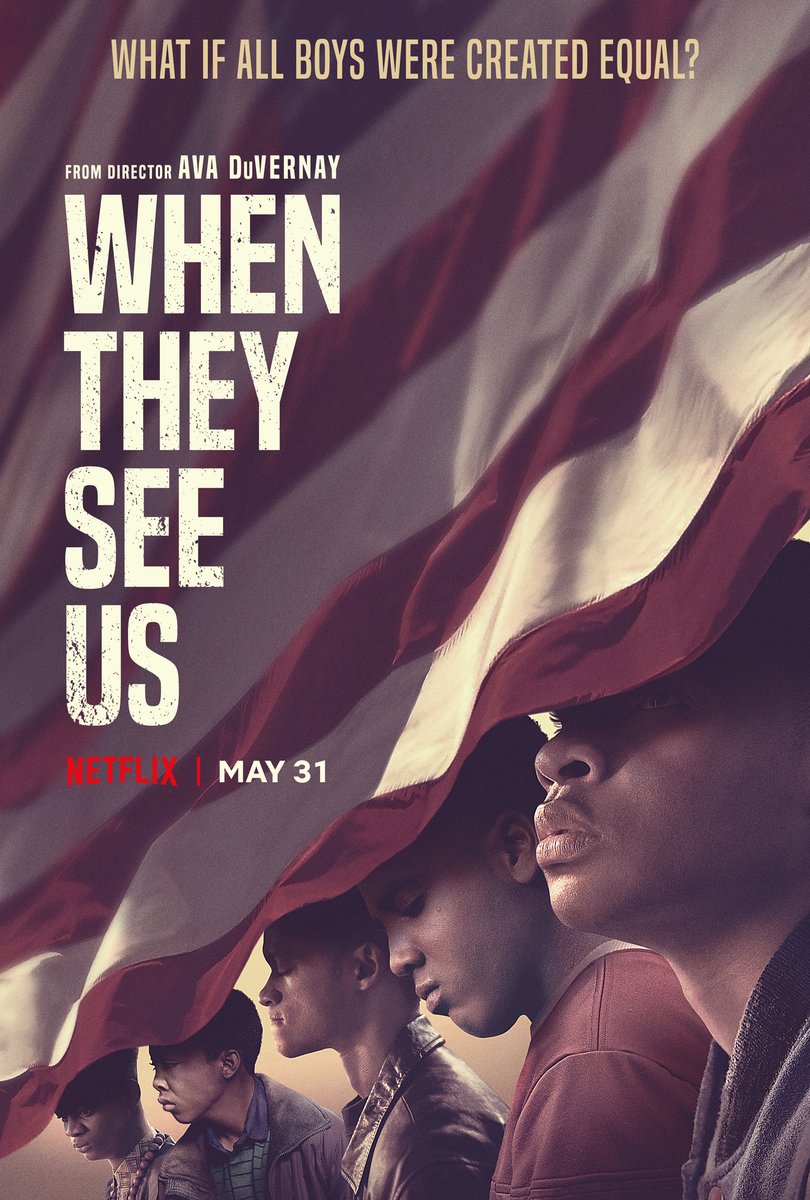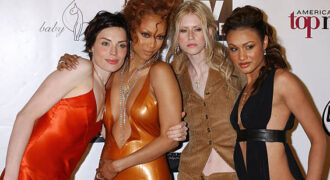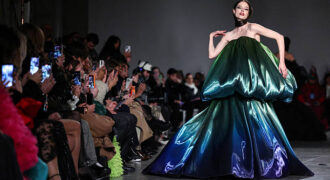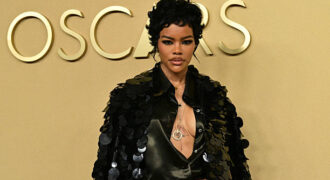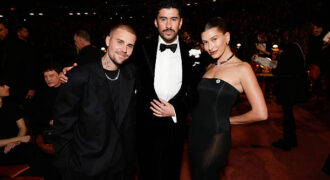For decades, Hollywood sidelined Black voices, and restricted their storytelling. Recently, a generation of Black filmmakers hasn’t just joined the mainstream, they’ve changed it. Directors like Jordan Peele, Ryan Coogler, Barry Jenkins, Ava DuVernay, and the incomparable Spike Lee are pushing cinema beyond entertainment, reflecting the realities of race, identity, and power in America. Their films are not “Black films”; they are brilliant works that happen to be made by Black artists.
Jordan Peele’s breakout hit Get Out in 2017, changed the face of horror. The film was a social critique that exposed the insidiousness of liberal racism and how Black bodies are exploited. The story provoked conversations about race in America, earning Peele an Oscar for Best Original Screenplay. His follow-up films Us and Nope continued his interest of horror and social analysis, exploring powerful themes that resonate with audiences. Peele’s production company, Monkeypaw Productions, has also been instrumental in elevating other Black creators, producing works across film and television. His films show that race is embedded in the American experience, even in genres like horror and science fiction that have historically excluded Black narratives.
Ryan Coogler’s trajectory is equally compelling. From his breakthrough debut Fruitvale Station, a painful story about the police killing of Oscar Grant, to the emotional revival of the Rocky franchise with Creed, and the cultural phenomenon of Black Panther, Coogler has consistently brought together personal storytelling and cultural impact. Black Panther was more than a film, it was a phenomenon. It grossed over $1.3 billion worldwide, becoming one of the highest-grossing superhero movies of all time and the first Marvel film to be nominated for Best Picture at the Oscars. It’s focus on powerful themes of diaspora and colonialism, and a predominantly Black cast and crew, proved what representation could look like in mainstream cinema. In 2025, Coogler added to his legacy with the thriller Sinners, which earned over $350 million globally, placing it among the top box-office earners of the year. Sinners, a 1930s horror-noir, demonstrated Coogler’s range and that Black-led stories can dominate across any genre.
Barry Jenkins has changed cinematic storytelling with his humanistic and visually poetic films. His 2016 masterpiece Moonlight, a tender exploration of Black queer identity, won the Academy Award for Best Picture and became a milestone in Black and LGBTQ+ cinema. Jenkins followed it with If Beale Street Could Talk, an adaptation of James Baldwin’s 1974 novel that dives into Black love and the weight of racial injustice. He continued to grow creatively with The Underground Railroad, an Amazon series that reimagined the historical escape network into an actual underground train. In 2024, Jenkins surprised many by stepping into the world of studio blockbusters with Mufasa: The Lion King, a prequel to Disney’s 2019 remake. The film, which examined the early life and rise of the future king, brought Jenkins’ emotional depth and visual elegance to the story of legacy, grief, and destiny. Its critical acclaim and commercial success showed Jenkins’ unique ability to move between independent films and global franchises while staying true to his voice.
Ava DuVernay’s journey into filmmaking didn’t begin until she was 35, but in just over a decade, she has created some of the most important and politically charged works of contemporary cinema. Her 2014 film Selma delivered a powerful portrayal of Dr. Martin Luther King Jr. and the 1965 voting rights marches. In 2016, her documentary 13th examined the U.S. prison system and its deep roots in slavery, earning an Oscar nomination and provoking conversations about systemic racism. Her 2019 Netflix limited series When They See Us forced America to confront the devastating story of the Central Park Five, humanizing the boys behind the headlines, prompting a national dialogue on wrongful convictions. In 2024, she released Origin, based on Isabel Wilkerson’s Caste: The Origins of Our Discontents, tackling the hidden systems of social hierarchy not just in the U.S., but around the world. DuVernay uses cinema as both a form education and activism, encouraging viewers to confront uncomfortable truths.
Then there is Spike Lee, whose decades-long career laid the foundation for all who came after him. From Do the Right Thing, a film that remains vital in conversations of race and police brutality, to the epic biopic Malcolm X, and BlacKkKlansman, Lee has never compromised his vision. His films are unapologetic, and fiercely political, using storytelling to provoke, challenge, and expose. In 2025, Lee unveiled High and Low, a modern reinterpretation of Akira Kurosawa’s classic crime thriller, set in New York City and starring longtime collaborator Denzel Washington alongside A$AP Rocky. The film, focused on a kidnapping that uncovers deep social and class divides, was featured at the Cannes Film Festival. During its premiere, Washington received a surprise honorary Palme d’Or and a standing ovation, marking his fifth collaboration with Lee and a full-circle moment for both artists. Spike Lee continues to create work that not only entertains but speaks truth to power.
What unites all of these filmmakers is their use of storytelling as a form of resistance, education, and celebration. These directors tell Black stories but their themes are universal: fear, joy, injustice, resilience, love, and transformation. These stories come from perspectives that have long been ignored or marginalized in mainstream cinema. True inclusion in film doesn’t mean checking a diversity box, it means honoring the full breadth of human experience. The success of Peele, Coogler, Jenkins, DuVernay, and Lee shows that audiences crave stories that reflect our world and challenge us to see it differently. These artists are not just changing Hollywood, they’re changing how we understand ourselves.
